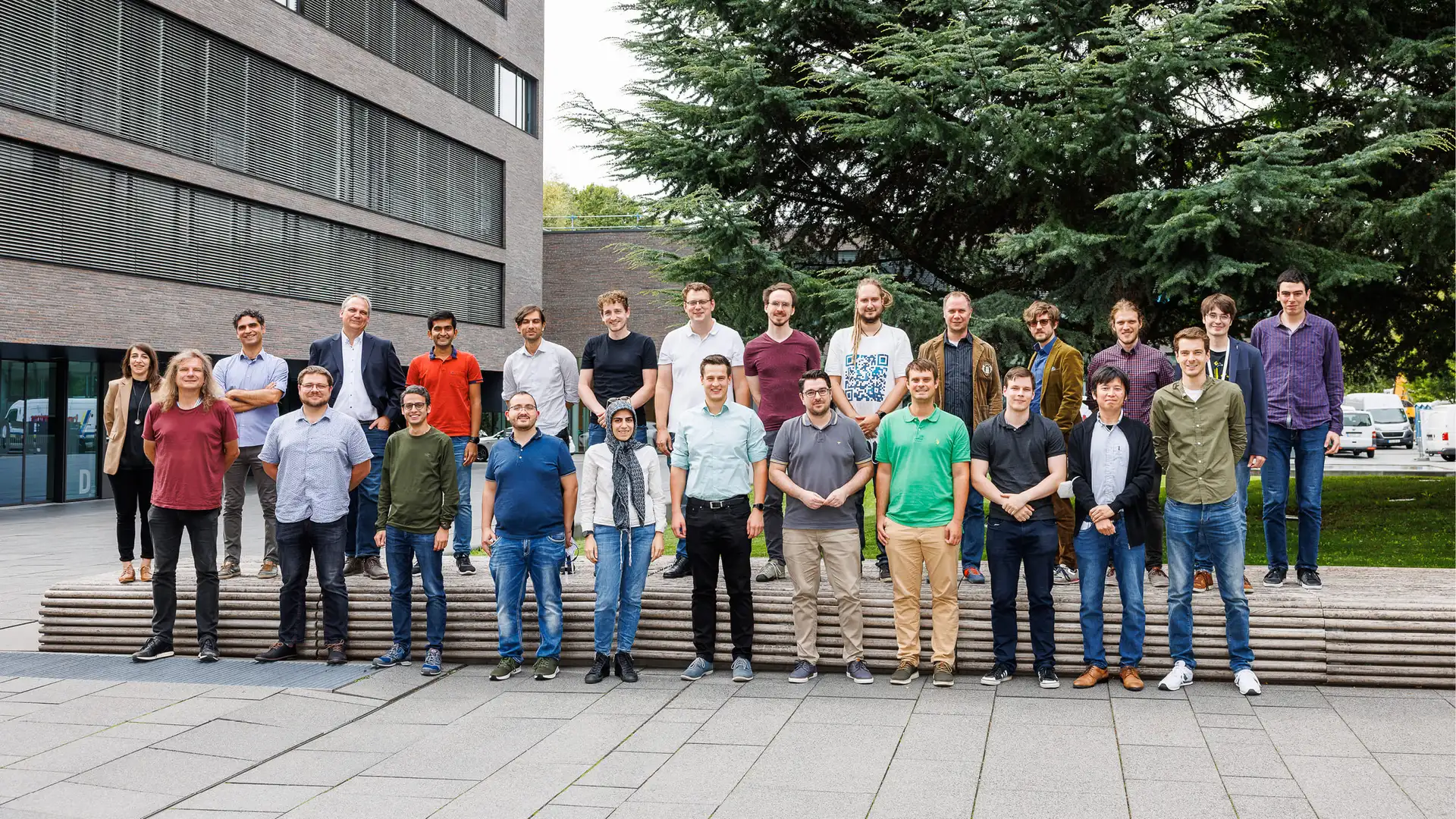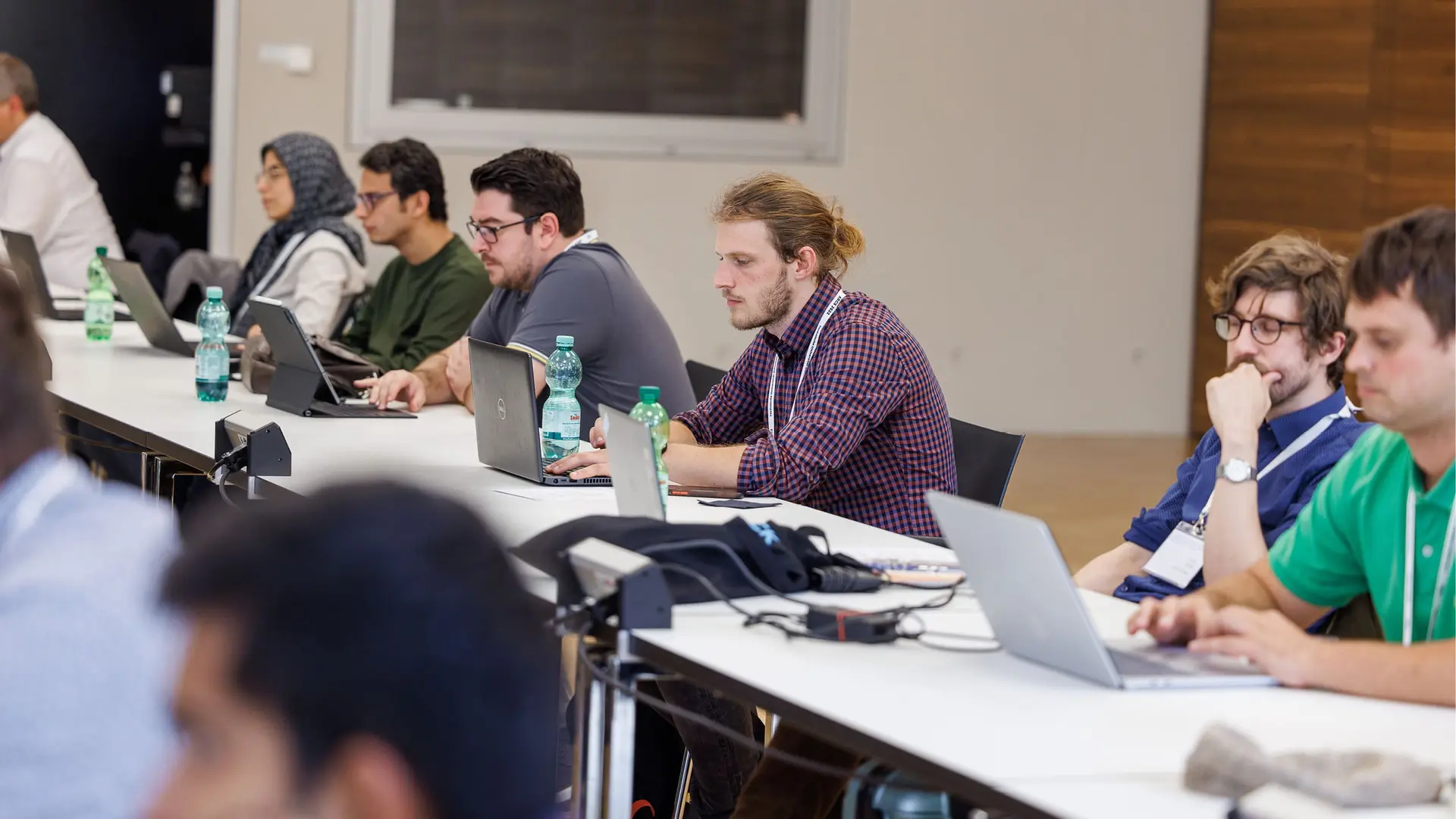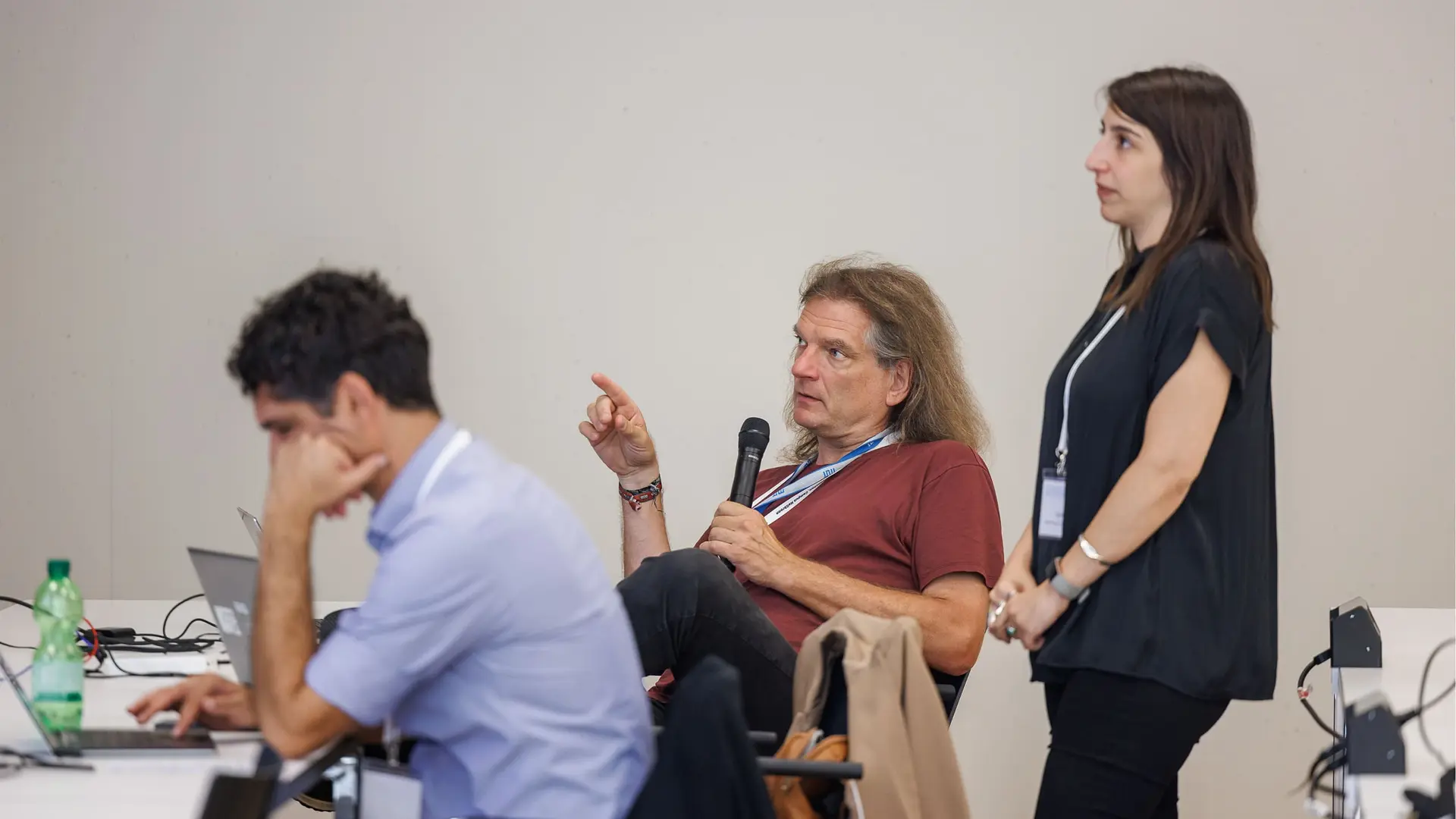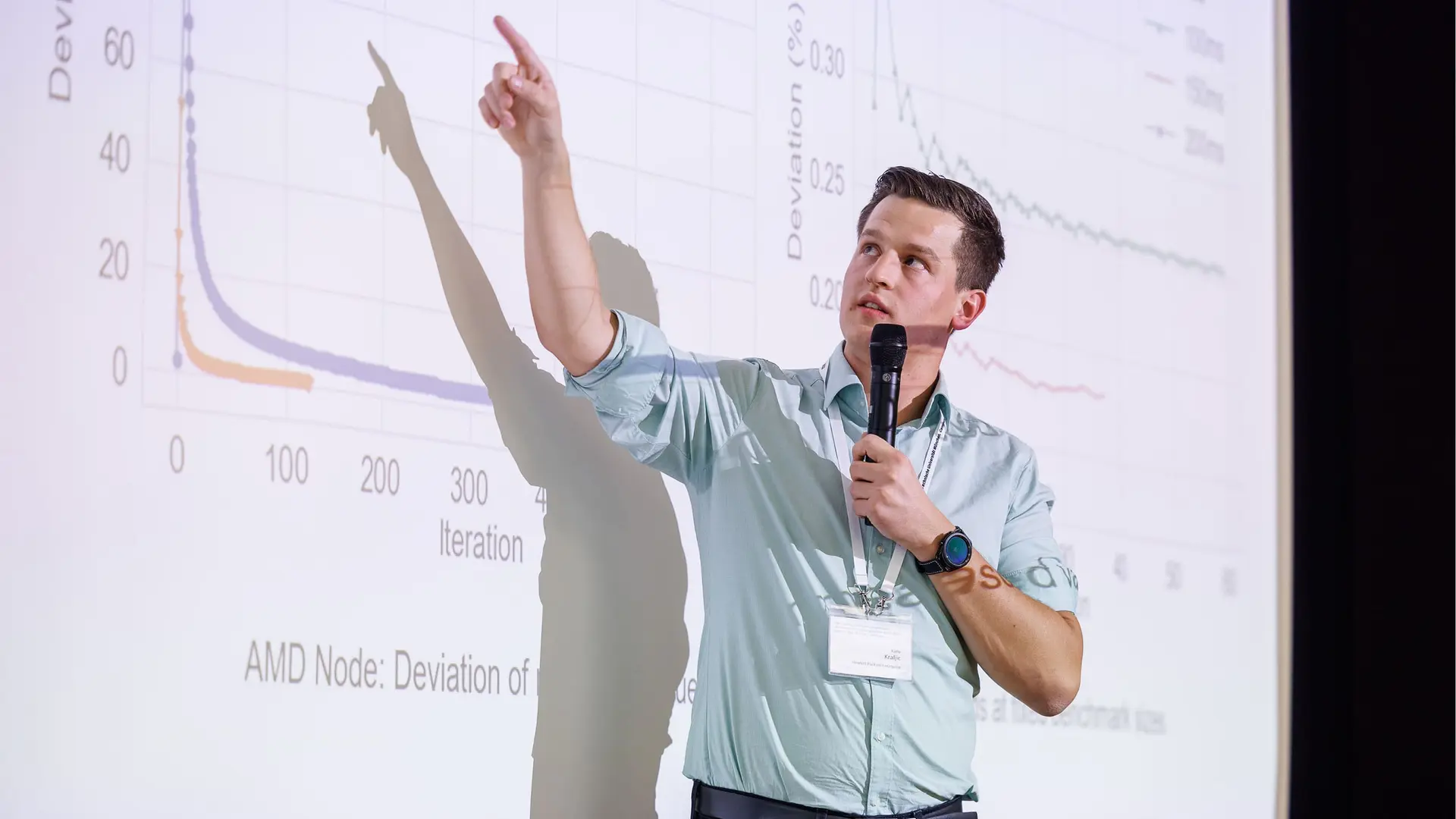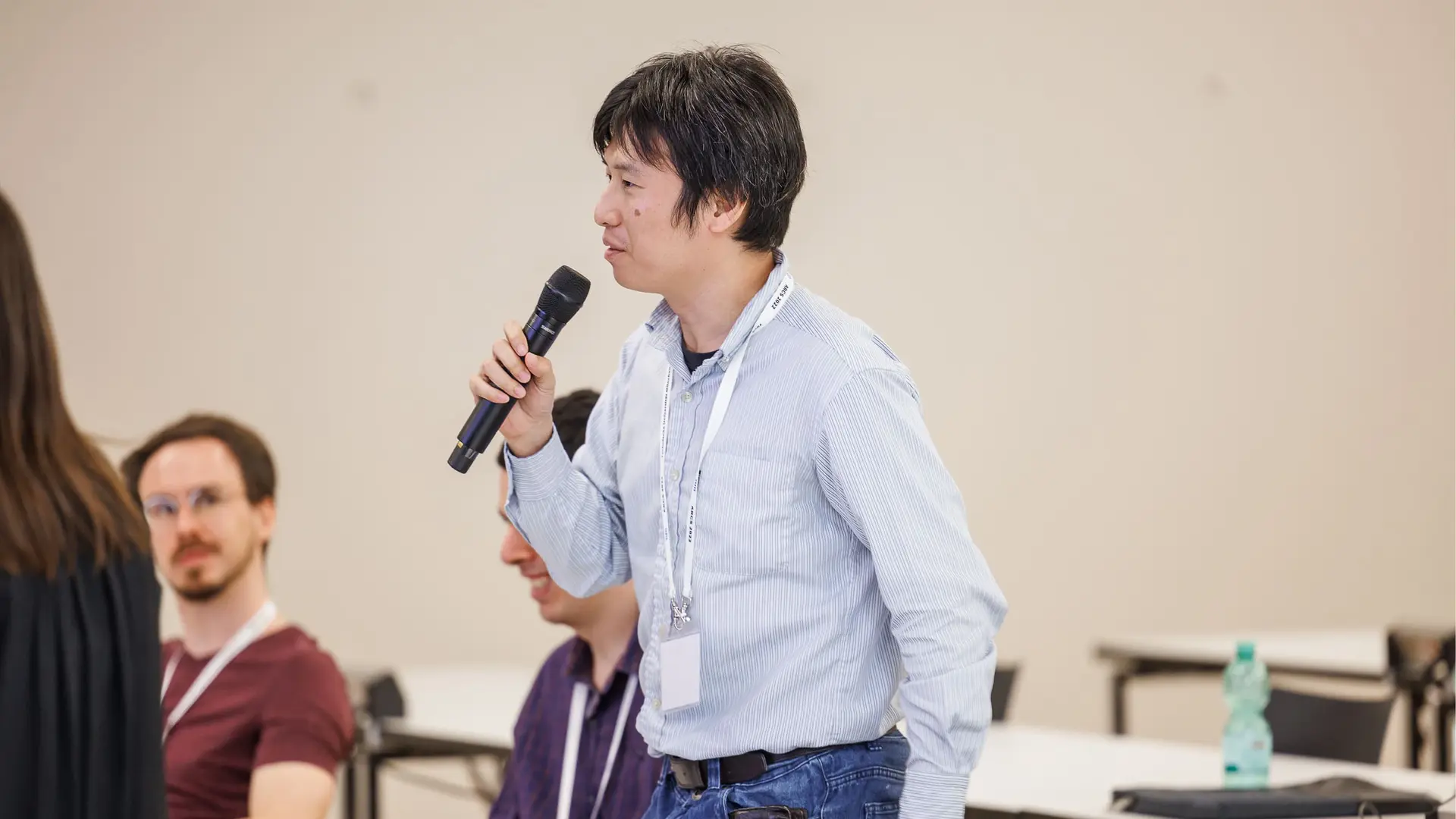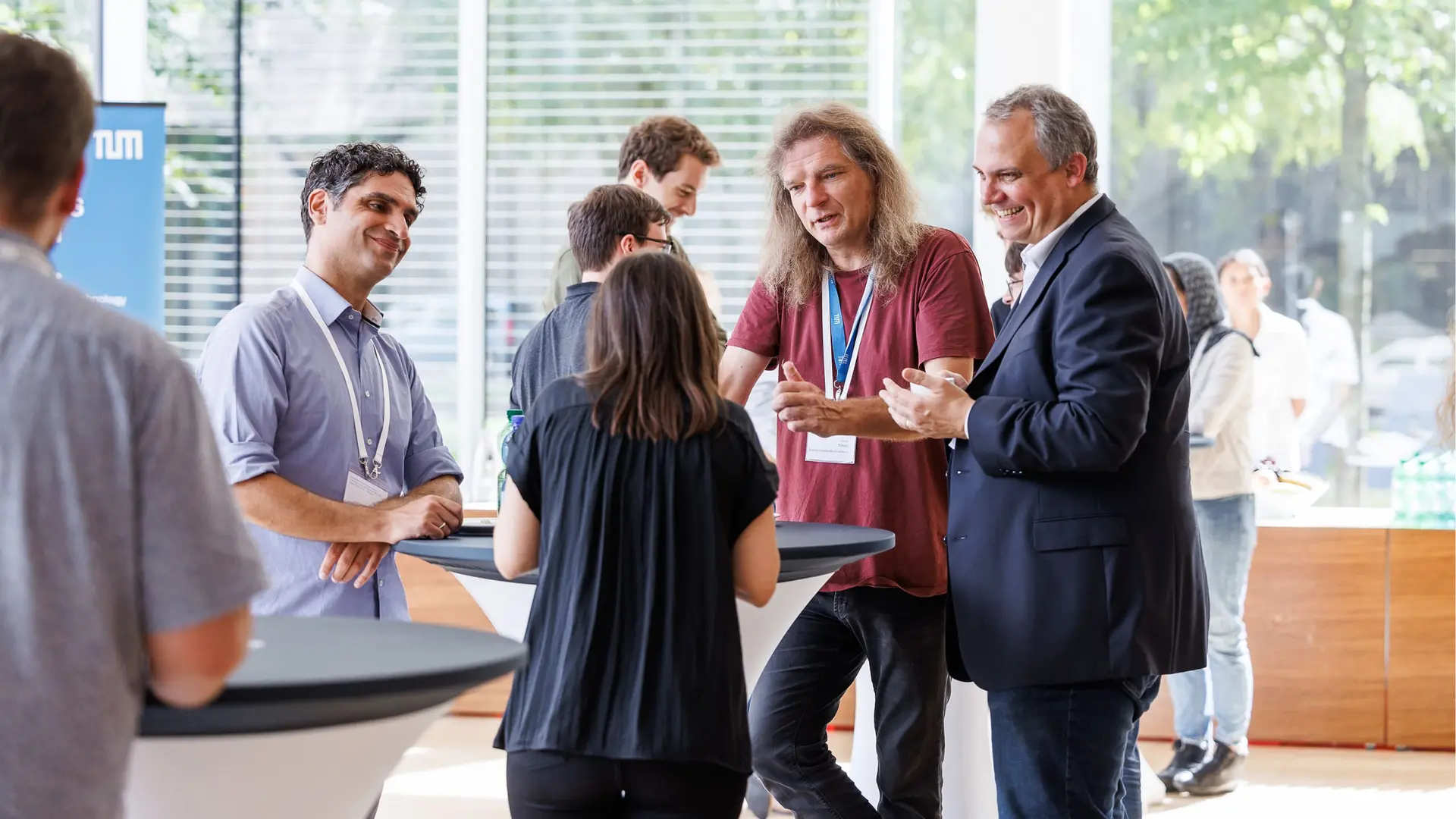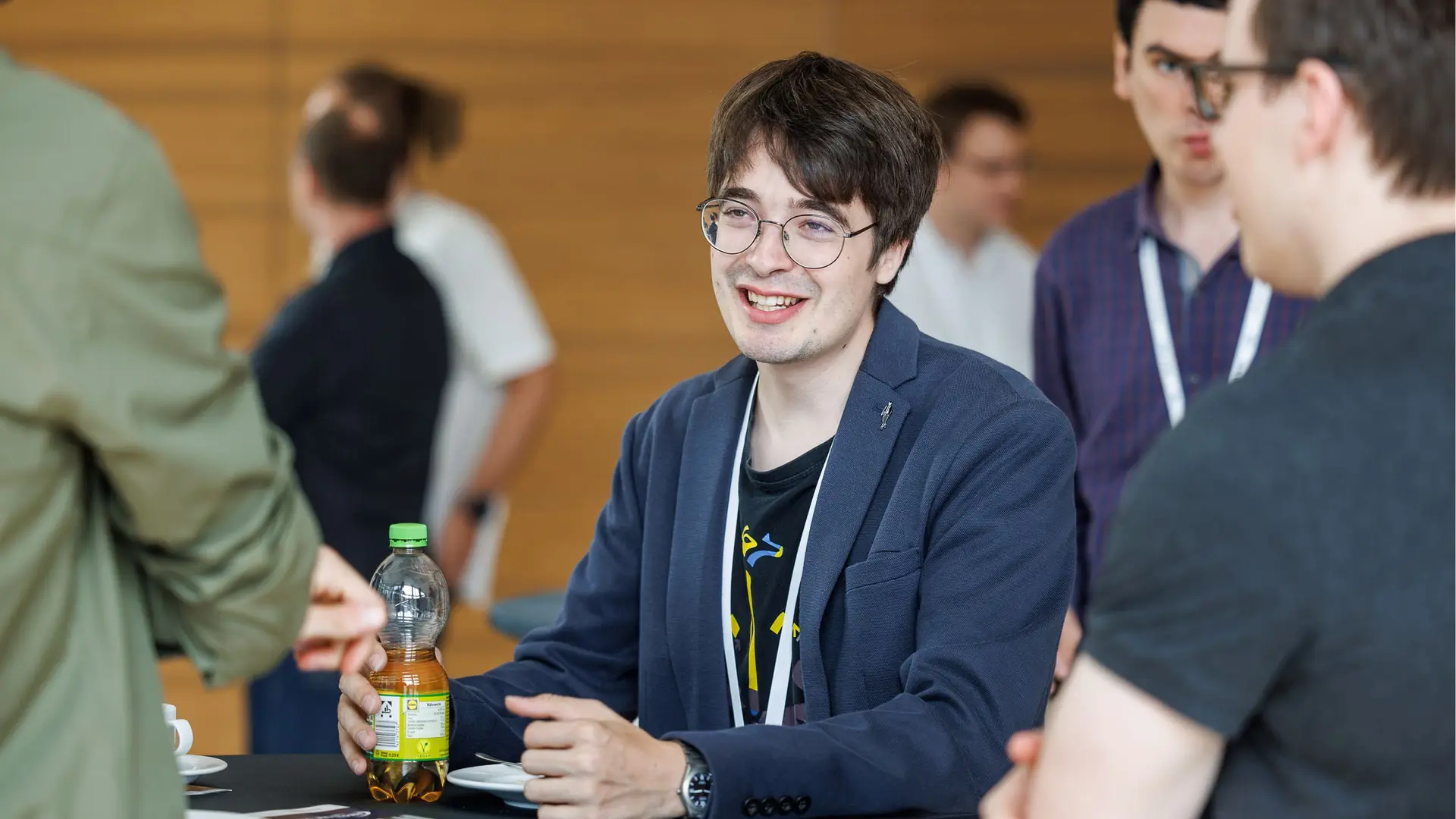
Heilbronn Hosts the World
For more than 30 years, the International Conference on Architecture of Computing Systems has stood for cutting-edge research in the fields of computer architecture and operating systems. Last fall, TUM Campus Heilbronn hosted the conference for the first time.
132,000 terabytes of hard disk capacity and 14 quadrillion mathematical operations per second: in September 2022, the new supercomputer “Levante” was inaugurated at the German Climate Computing Center (DKRZ) in Hamburg. The researchers based there are pursuing a major goal: they want to use the computer to create a digital twin of our planet so that they can make even more accurate climate predictions.
But where there is light, there is also shadow. In the case of Levante, this means electricity consumption – and not in small quantities, either. With a connected load of around 2 MW, the result is an annual consumption of 18 GWh. Before the war in Ukraine, this corresponded to electricity costs of around five million euros. The price for 2023 will be significantly higher. Even for the sake of the climate, it may not be possible to raise this amount of money. In view of rising energy prices, the question therefore must be asked: how can these complex computer systems be optimized so that they work even more efficiently (and save electricity) in the future?
TUM Campus Heilbronn as Host of Arcs 2022
This question was part of many of the presentations and discussions at the International Conference on Architecture of Computing Systems (ARCS 2022), which was held for the first time in Heilbronn from September 13 to 15, 2022. Conference Chair Carsten Trinitis, professor of computer architecture and operating systems at TUM Campus Heilbronn, welcomed renowned experts from around the world. “ARCS is a conference with great international appeal,” explains Prof. Trinitis. “For our expert communities, it provides the optimal setting for face-to-face exchanges, sharing inspiring ideas, and promoting bold approaches. Groundbreaking change, after all, sometimes requires thinking outside the box.”
The topics discussed in Heilbronn are forward-looking, with technologies perhaps not ready for the market for another 20 years. In addition to energy efficiency, the topics include organic computing, i.e., the use of self-organizing systems that dynamically adapt to the respective environmental requirements. Structures and methods of biological and other natural systems serve as models. For this, ARCS 2022 has a so-called Special Track, usually a parallel program to the main part of the conference. “We wanted to promote and have in the program a topic that is not yet mainstream,” emphasizes Prof. Martin Schulz, Chair of Computer Architecture and Parallel Systems in the Department of Computer Engineering in TUM School of Computation, Information and Technology, who co-chaired the conference with Prof. Trinitis. “How else is it going to become mainstream one day if it’s not discussed in expert circles?”
There are roughly two approaches to all topics, Prof. Schulz explained: some try to make the most of the existing architecture of computer systems and optimize their software for it. The others want to develop new architectural concepts. “This is precisely the area of tension at the conference,” says Prof. Schulz. The hope, of course, is that corresponding ideas from the experts about future architecture will eventually catch on with manufacturers.
Into the Future with Quantum Computers
In one area, these hopes are particularly high: the subtitle of ARCS 2022 was “Quantum Computing: The Dawning of a New Age?” Although not too many conference presentations touched directly on the topic yet, this prediction may be more comprehensive than originally thought. That’s because work on quantum computers exhibits precisely the kind of peculiarity that is lacking in other fields. “There is an intense exchange between the manufacturers of quantum computers and users,” explains Karen Wintersberger, a conference participant and physicist at Siemens. “We hope to use quantum computers in the future to optimize production," she adds. After all, those are the use cases that involve a lot of data and complex computing operations. However, current quantum computers are still too underpowered, i.e., they need considerably more qubits (elementary computational units of a quantum computer – editor’s note), and they do not yet function without errors.
When the great hopes will be confirmed is written in the stars. Perhaps in the end it will not be the quantum computers themselves that herald the new age, but the cross-border and cross-disciplinary collaboration that has been raised to a new level on the occasion of the hoped-for quantum leap.
Slider: Heilbronn hosts the world

